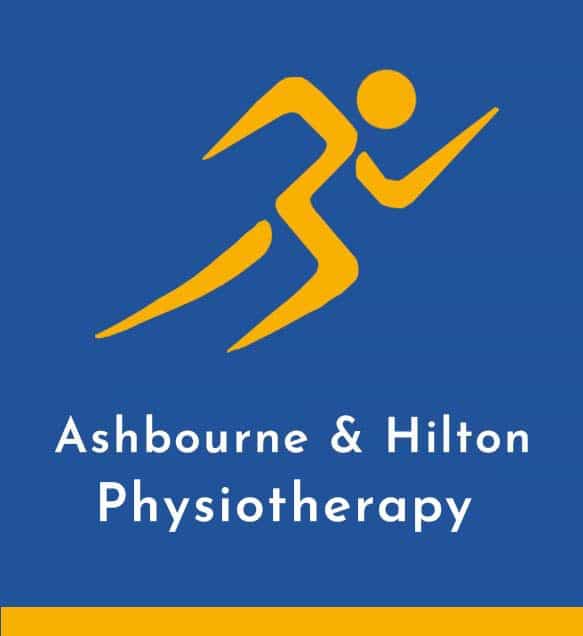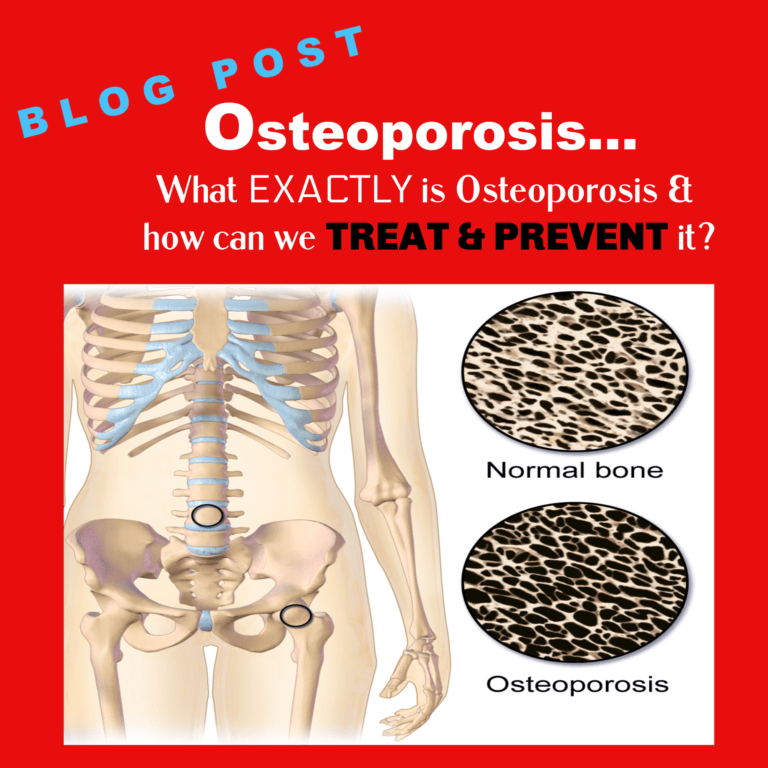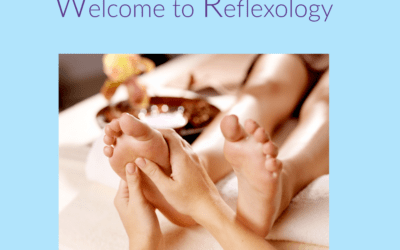Osteoporosis
Frequently Asked Questions
What is Osteoporosis?
Osteoporosis occurs when the struts which make up the mesh-like structure within the bones become thin, causing the bones to become fragile and break easily, often following a bump or minor fall. This is most common in the wrists, hips and spine.
Why does this happen?
After the age of 35, bone loss increases and bone density lowers, as part of the aging process. This can lead to osteoporosis in later life. It is more common in women as bone loss is more rapid for several years following the menopause.
Other risk factors involve:
- If someone in your family has it.
- Over half the population of over 75 year olds will have Osteoporosis as measured on a bone density scan.
- Race – people of caucasian or asian origin are more at risk.
- Low body weight often means the bones are finer and smaller.
- Smoking
- Some medical conditions such as Rheumatoid Arthritis, low levels of Oestrogen, low levels of testosterone in men, hyperthyroidism, parathyroid disease, Crohns disease.
- Medication such as steroids, anti-epileptic drugs, breast cancer treatments, prostrate cancer drugs.
How is Osteoporosis diagnosed?
A bone density scan will measure your bone density and show if it is reduced. This information will then be used to determine if you have osteoporosis and your risk of fracture. Your doctor may then use the ‘fracture risk assessment’ to determine what treatment you require.
Your doctor may request this scan if you have high risk of Osteoporosis or if you have suffered a fracture in your wrist, hip or spine.
How is Osteoporosis treated?
This depends on your bone density and fracture risk.
Medication
A doctor or specialist will decide if you need to be on medication. Medications include: Bisphosphates, parathyroid hormone treatments, Selective Oestrogen Receptor Modulators.
Exercise
Weight bearing exercise is very important to improve bone density.
Leading an active lifestyle can halve your risk of breaking a bone.
This could involve walking, gardening, dancing, Tai Chi, Pilates, Golf.
(You may need to be careful with bending, lifting or high impact activities as these can increase the risk of spinal fractures)
Healthy Eating
Eat a well balanced CALCIUM RICH diet. This includes food from all of the main food groups: dairy, fruit and veg, protein and carbohydrates.
Calcium is vital for strong teeth and bones. Calcium rich foods include Milk, Yoghurt, cheese, Tofu, Whitebait.
Vitamin D helps the body absorb calcium. The best source of vitamin D is sunlight however you can also get Vitamin D supplements.
Stop Smoking
Smoking has been shown to slow down the work of bone building cells in the body.
Reduce Alcohol Intake
Excessive alcohol consumption can increase the risk of Osteoporosis.
How can Physiotherapy help?
Here at Ashbourne & Hilton physiotherapy Centres our physiotherapist can offer advice on safe ways to exercise, dos and don’ts, help minimise risk of falls and assist with pain relief and recovery from fractures. If you would like any further information please book an appointment with one of our physiotherapist’s.
TO BOOK AN APPOINTMENT:
Please call: Ashbourne: 01335 344952
Hilton: 01283 777070




